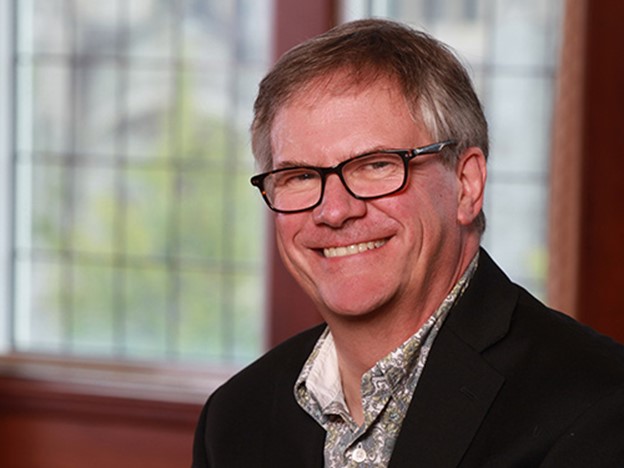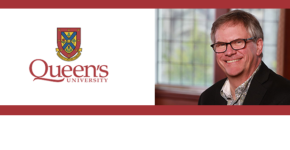 The field of philosophy is changing.
The field of philosophy is changing.
David Bakhurst, Charlton professor of philosophy at Queen’s University, Ontario, looks into one instance why.
David Bakhurst is Charlton Professor of Philosophy at Queen’s University, Ontario. His book, Consciousness and Revolution in Soviet Philosophy (Cambridge, 1991), represents the first critical history of Soviet philosophical culture. Since then, in addition to continuing his work on Russian thought, Bakhurst has written on epistemology, metaphysics, Wittgenstein, ethics and philosophy of education. Recent publications include The Formation of Reason (Wiley-Blackwell, 2011) and Education and Conversation (Bloomsbury, 2016), the latter co-edited with Paul Fairfield. Bakhurst has held visiting positions at All Souls College, Oxford, UCL Institute of Education, and the Australian National University, Canberra. He is a Fellow of the Royal Society of Canada and the Executive Editor of the Journal of Philosophy of Education.
Why Education Matters to Philosophy
It might seem obvious that education is a topic worthy of philosophical scrutiny. Education is something that really matters in human life, as is famously recognized in the Universal Declaration of Human Rights, which sees education as essential to “the full development of the human personality”. As it happens, however, most professional philosophers, in Britain and North America, aren’t much interested in education as a subject of philosophical inquiry. I think this is a mistake. Our capacity for education is a really distinctive feature of the human condition. Human beings are not born with their mental powers up and running; those powers are brought to actuality only though education in the broadest sense.
Second, education is a precondition of a flourishing democracy: the best defense against charlatanism, scepticism and conspiracy theories is knowledge and the ability to think critically and make good choices, and all that depends in large measure on a good education. So philosophy needs to study education, just as educational practices need to be informed by sound philosophy. The good news is that the prejudices that caused this neglect of education are on the wane. Many philosophers used to work with very individualistic conceptions of mind and knowledge but that’s changing – they are becoming more willing to countenance culture and community, and to set aside their fondness for clarity and distinctness to address the messy realities of everyday life.
So we are beginning to see mainstream philosophers recognizing just how much education matters and realising that if you want to understand the kind of beings we are, and the ways in which we can flourish, you’d better pay heed to philosophy of education.
And that, I believe, is a good thing.
Read More:
[3:16AM] – Soviet Philosophy and then some
[Aeon] – Philosophy’s Blindspot
[Wiley] – The Formation of Reason

Comments
One response to “David Bakhurst, Queen’s University – Why Education Matters to Philosophy”
I am from the background of a first degree in Philosophy. When I decided 23 years to study Adult Education at masters and PhD levels, I remember how colleagues in Philosophy felt about that decision.
The other extreme of Bakhurst’s position is that educationists are detesting philosophical foundation of education. They are reducing many issues in education to empiricism. I have shown in some of my publications that Philosophy is not against any orientation but frowns at making a part appear like a whole.